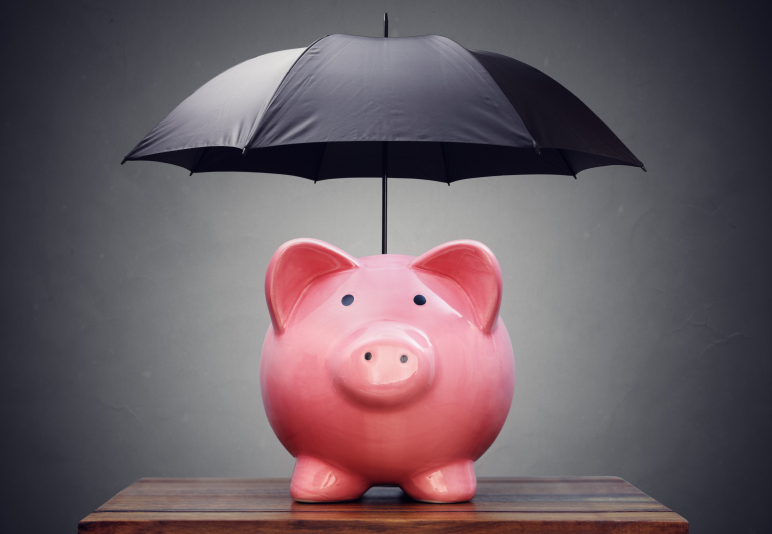Certificates of Deposit have been around for a while. If you save or invest your money, you’ve probably at least considered making use of a CD. Certificates of Deposits are one of the safest methods of saving money. In many ways, they’re one small step above savings or money market accounts. In fact, it’s easy to forget that CDs do still come with risks. They’re very small risks, of course, and in many ways are different from the risks associated with other investments like stocks and real estate, but they do still exist. Here are a few of the risks associated with investing in CDs.
Low interest rates
CDs typically come with a pretty low interest rate. This is, of course, due to the low-level of risk associated with them. Although interest rates offered on CDs have never been extraordinarily high, they’ve recently dropped so low that they often don’t even compete with interest rates offered on savings and money market accounts. Although a low interest rate does not directly cause a loss of money, the investor can experience an opportunity loss if a better investment presents itself, or if the money is needed for something else while it is tied up in the CD.
Risk of default
Every single investment brings with it the risk of loss. A CD is, in essence, a loan made by you, to the bank or organization that provides the opportunity. Although these institutions are typically very stable financially, there is always some chance of default. To lessen this risk, invest with popular banks that you know about, or if you decide to go with a lesser-known organization, check their background and history. Before a professional lender grants a loan, they do everything they can to make sure the loan will be paid back. Do the same thing before you invest in a CD.
Resale prices fluctuate
Most people simply hold onto a CD until it matures. In this case, the promised amount will be paid over the course of the term. But it is often possible to sell the CD to another investor on the secondary market. In this case, the CD will be sold for what it’s worth. Unfortunately, this number can change. The value of a CD depends on a number of things, such as whether interest rates have gone up or down, and if the value drops, an investor could end up losing money by selling a CD on the secondary market.
Penalties for cashing in early
If you realize partway through the term of the CD that you need the cash that is tied up in the CD, you’ll be glad to know that you can usually withdraw the money almost immediately. Unfortunately, there is almost always a fee. This fee can turn a gain into a loss. It’s important to consider when you will need cash, and how much you will need, before you invest in a CD. Another way to lessen the chance of problems is to stagger your investments. If you invest in several long-term CDs at different intervals, you’ll be able to take advantage of higher interest rates, while always knowing that one of your investments will mature soon.
Dangers of buying on the secondary market
You may be considering investing in CDs being sold on the secondary market. Although this is a legitimate investment option, it’s important to be careful, as this option brings its own set of risks. For example, the FDIC covers CDs that have been resold, but they may not cover everything. Make sure to do your research before you buy.
CDs are one of the safest investments available, but they still come with risks. Do your homework before you invest money, no matter what it is. View today’s updated Certificate of Deposit rates here at Banks.org.
